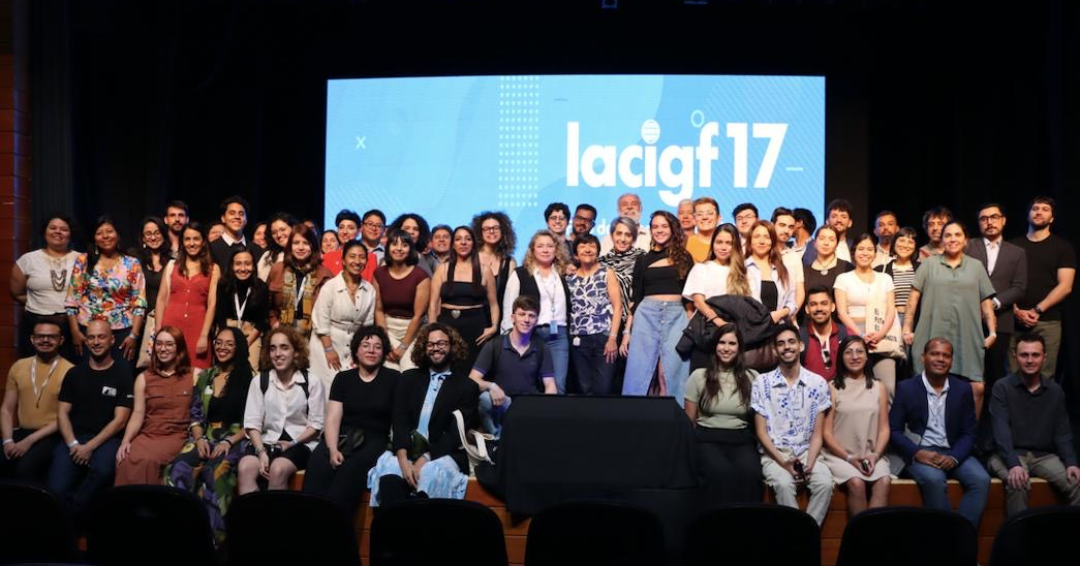In the context of the LACIGF 17 forum held in Santiago de Chile, on November 8th, the Fondecyt Project on #regulaciónconvergente organized the panel “What, who and whom to regulate on the Internet? Institutional challenges and limitations regarding techno-media convergence”. The project’s co-researchers Javier García and Patricia Peña participated in the panel as moderator and rapporteur, respectively.
During the discussion, García analyzed the regulatory landscape in Latin America, the existing regulatory bodies in the region and their approaches for addressing the challenges involved in the widespread adoption and use of the Internet with Martha Alicia Tudón of ARTICLE 19; Luisa Isaza of the Foundation for Press Freedom (FLIP); Elisabet Gerber of CNTV Chile; Gianpaolo Peirano of DIRECTV; and telecommunications consultant Geraldine González.
The complexity of regulation in the Chilean context, characterized by fragmented institutionalism and regulatory asymmetries between traditional television and digital platforms, was emphasized during the panel. According to Elisabet Gerber (CNTV), 60% of households in Chile consume television online through streaming platforms, and 94% has an Internet connection, which accentuates the urgency of moving toward a proper regulatory framework. Nonetheless, the regulatory convergence process continues to be a pending challenge.
García stressed that the debate on regulation must not focus exclusively on audiovisual markets but also on human rights, data governance and information pluralism. This includes reflecting on how autonomous institutions can be coordinated to deal with the challenges of convergence, considering international experiences such as the European Union.
International perspectives and local challenges
In the meeting, experts from Mexico, Colombia and the private sector shared international perspectives and practical examples. Marta Tudón of ARTICLE 19 warned about the risks of approaching regulation based on a traditional transmitter-receiver model, pointing out that an inappropriate framework could infringe rights such as freedom of expression. In turn, Gianpaolo Peirano of DIRECTV explored the regulatory asymmetries between pay television services and streaming platforms, highlighting the importance of designing equitable regulations that do not hinder the market’s development.
Javier García underscored the importance of strengthening the public debate on convergent regulation in Chile and advancing toward an institutional framework that allows tackling the challenges of the digital ecosystem in a comprehensive and coordinated manner.
To conclude, the participants called to promote interdisciplinary dialogue and cooperation among public and private actors in order to move toward a convergent regulation that contemplates the particularities of the digital ecosystem and guarantees people’s rights.
You can watch the full panel below:


